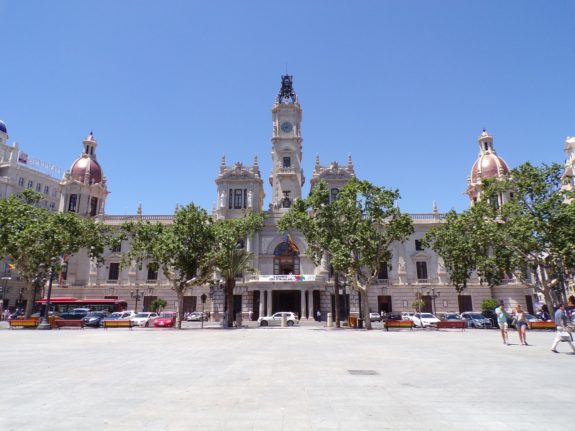On Tuesday February 27th, the Spanish government gave the go ahead to its updated Family Law.
The legislation, which was first approved all the way back in December 2022, was finally sent back to the government’s Council of Ministers for some slight revisions but with the same legal text so that it does not have to pass through consultative bodies and be delayed again.
Despite being approved over a year ago, the law was not processed in 2023 as it lapsed with the end of the legislature due to the general election.
The government will request that it is urgently processed in the Spanish Congress. The wide-ranging law was also held up at various junctures, notably over regional powers.
Sources from Spain’s Ministry of Social Rights told the Spanish press that the law is split up into five parts: principles and values; general protection for all families; specific provisions for non-traditional family units; governmental cooperation so the measures can be carried out; and finally, regulatory changes.
There have been some slight tweaks to the bill since it was first approved at the end of 2022, but the thrust of the law is essentially the same: to make life easier for families by introducing measures such as extended paid leave to care for sick children and handing out a €100 cheque to all new mothers. It also includes families in non-traditional units in wider familial protections, and attempts to level the rights of unmarried couples to those of married couples.
READ ALSO: UPDATE: Five things you should know about Spain’s new Family Law
New measures
- Single-parent families with two children will be included as large families and the changes recognise the diversity of different family models, including adoptive and LGTBI families, families with disabilities, and multiple or foster families.
- It extends measures for carers, including the introduction of new permits for people who care for family members or co-dependents.
- The law also creates a register of unmarried couples who will be able to access different types of leave, such as 15 days for marriage.
- As for large families (described as “families with greater needs for child-rearing support” in the text) the law brings 300,000 single-parent households with two children or more into this category, with all the rights and benefits that this entails.
- It also grants the same status to households with two children where a family member has a disability, those with a victim of gender violence, parents who have sole custody but do not receive child support, and those with two children in which one parent is in hospital treatment for a year or has been imprisoned.
- The extension of parental leave from 16 to 20 weeks and the reformulation of parental leave allowing fathers and mothers to have eight weeks of leave per child during the first 8 years of life. 4 of the 8 weeks will be paid.
- The law also establishes that single-parent families will have priority when choosing schools and accessing subsidised housing.
- Likewise, single-parent families will have access to sixteen weeks of infant education free of charge within two years of birth.
- The law also talks of creating a “state framework” to support the first 1,000 days since birth “to guarantee a good start in life for all girls and boys”, involving access to universal health care that includes risk assessment during pregnancy, early care support and the detection of developmental difficulties.
- It also includes a progressive increase in the supply of school places in the first cycle of infant education to meet the needs of children up to 3 years old.
READ ALSO: Single parents in Spain: What benefits and aid are you eligible for?
Other key aspects of the law include:
- A parenting cheque of €100 per month per child (€125 in the case of single-parent families) will be extended to mothers with children from ages 0 to 3 years, whether they work or not. Previously this was only given to those who were employed. This means it will include all mothers, even those who receive unemployment benefits. Those who have temporary or part-time work will also receive the benefit. According to Spain’s Ministry of Social Rights, this is set to benefit some 200,000 to 250,000 new mothers.
- One of the most important perks of the new law is that it allows parents to take five days paid leave off work to look after a sick child. This is also extended to parents, grandparents, grandchildren and siblings, if you need to take care of any of these other members of your family.



 Please whitelist us to continue reading.
Please whitelist us to continue reading.
Member comments